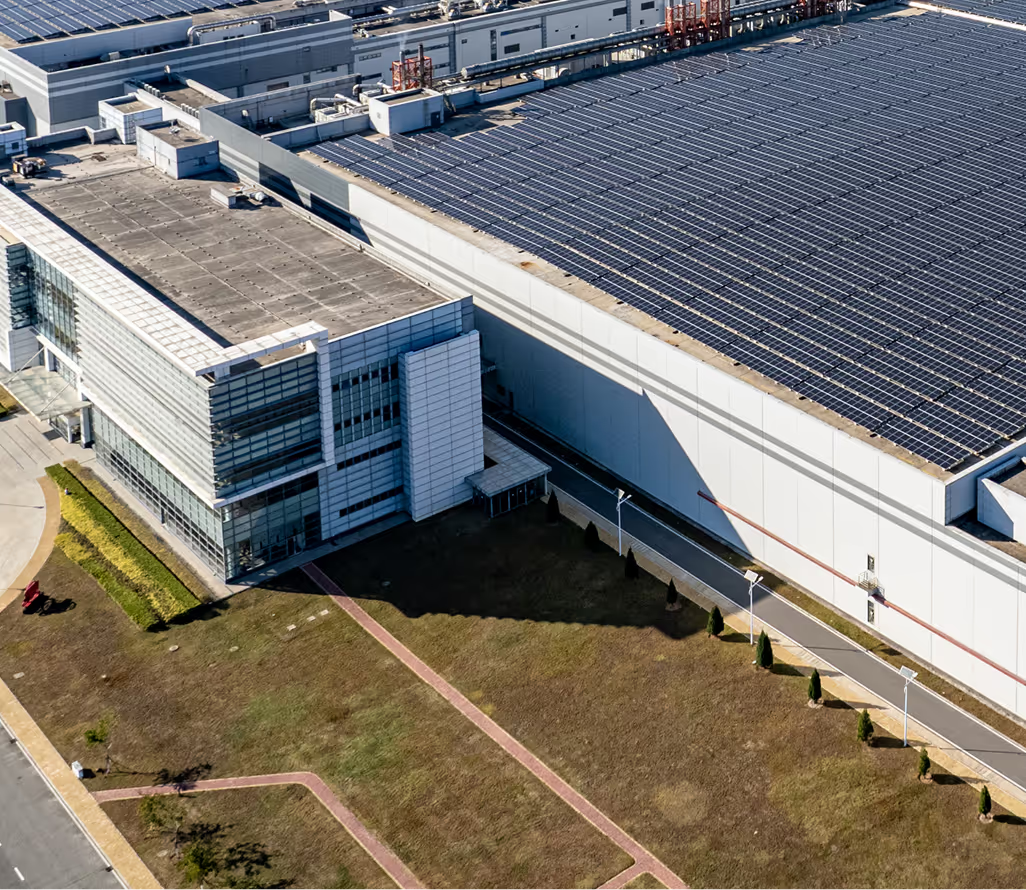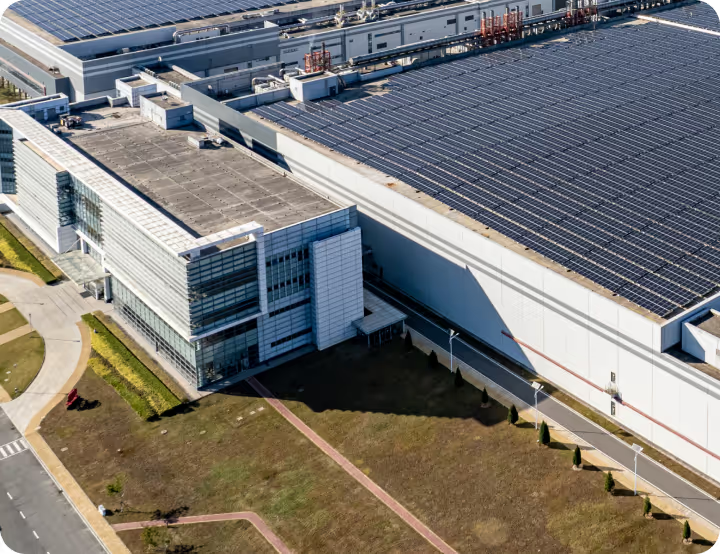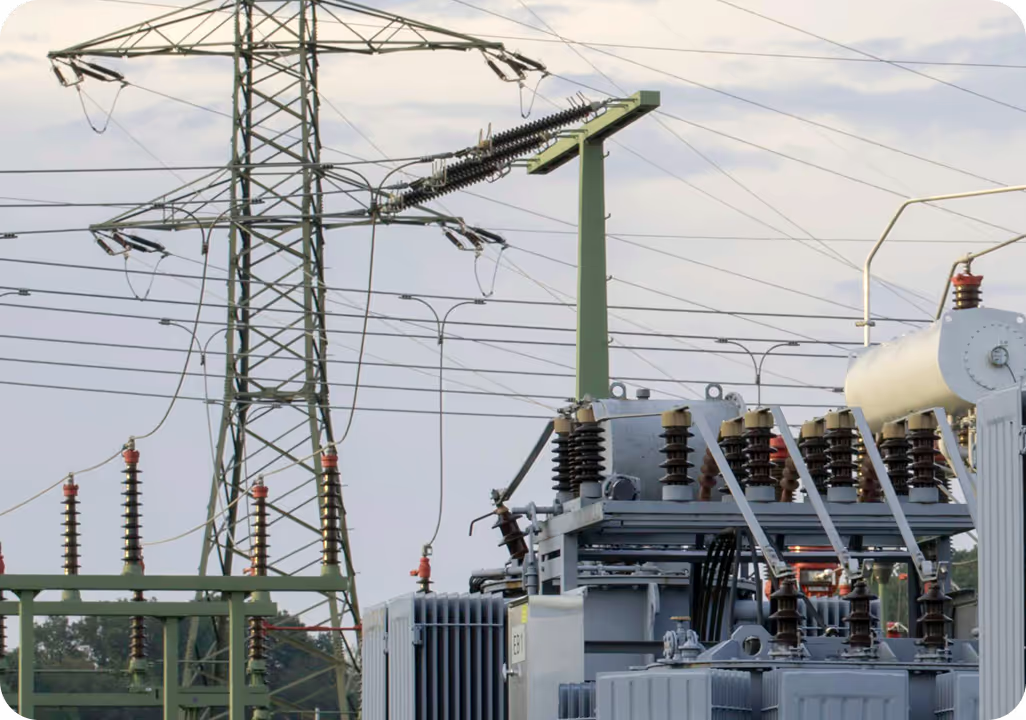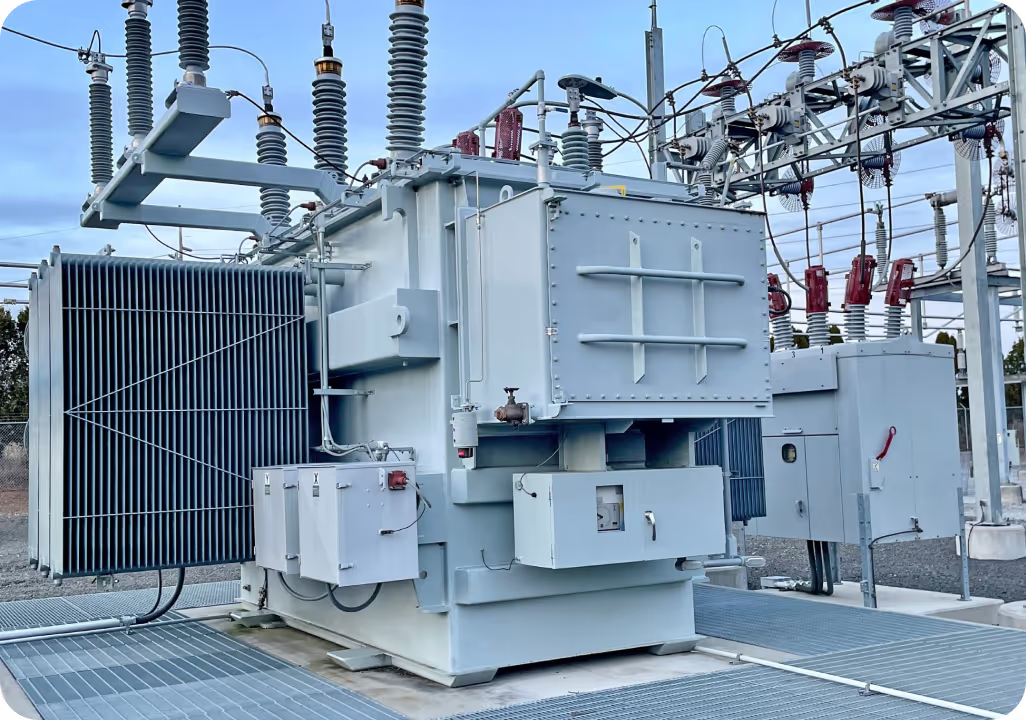
Batteries Energy
Storage Background

With an electrification of uses and a growing demand for energy, the rise of renewable energies (RE) opens up promising prospects for a sustainable future.
While the intermittent nature of wind and photovoltaic power can pose challenges, it also stimulates innovation in optimization solutions.
Battery Energy Storage Systems (BESS) will beessential to modern energy management. The use of excess green energy produced and stored during periods of overproduction therefore appears to be a key opportunity to balance supply and demand, reduce energy costs and support a sustainable energy future.
Lithium-ion batteries have a very low energy loss rate, during storage and restitution, unlike other storage systems (hydrogen, STEP, CAES), which makes them a particularly attractive solution.



BESS
Use cases

Energy Cost Reduction. Commercial and industrial businesses can use BESS to reduce their electricity bills by optimizing their energy consumption:
Peak shaving: BESSs can limit electricity consumption during peak periods, when rates are highest. This helps reduce penalties related to peak consumption.
Tariff arbitrage: BESSs store energy during off-peak hours (when rates are low) and reuse it during peak hours (when rates increase).
Supporting self-consumption. Companies that produce renewable energy on-site, such as solar or wind, can use BESSs to maximize their self-consumption:
Storing excess energy: when production exceeds immediate consumption, BESSs store the Energy for later use, improving the self-consumption rate and reducing reliance on the grid.
Optimizing renewable production: BESSs help smooth out the intermittency of renewable energy and ensure a more consistent energy supply.


Improving power quality. Sensitive industrial sites can benefit from BESSs to improve power stability and quality:
Reducing voltage fluctuations: BESSs help maintain a stable voltage in the event of fluctuations from the grid or internal production.
Frequency support: BESSs can intervene quickly to stabilize the grid frequency in the event of imbalances between energy production and consumption.
Power outage protection: In the event of a grid outage, BESSs provide backup power, thus limiting productivity losses.
Participation in grid services. Companies equipped with BESS can participate in the ancillary services of the electricity grid and monetize their flexibility:
Demand response: BESSs allow the sites’ consumption to be modulated in response to signals from the grid manager, in return for payment.
Primary and secondary reserve: BESSs can supply energy to the grid to compensate for rapid variations in production and consumption, contributing to the overall stability of the electricity system.


Development of microgrids. BESSs are essential in microgrids, which allow commercial or industrial sites to be partially or totally autonomous:
Continuity of service: In the event of a disconnection from the main grid, the microgrid supported by a BESS can continue to supply the facilities.
Energy Resilience: BESSs increase the energy resilience of sites to disruptions in the public grid, which is crucial for critical facilities such as hospitals or data centers.






